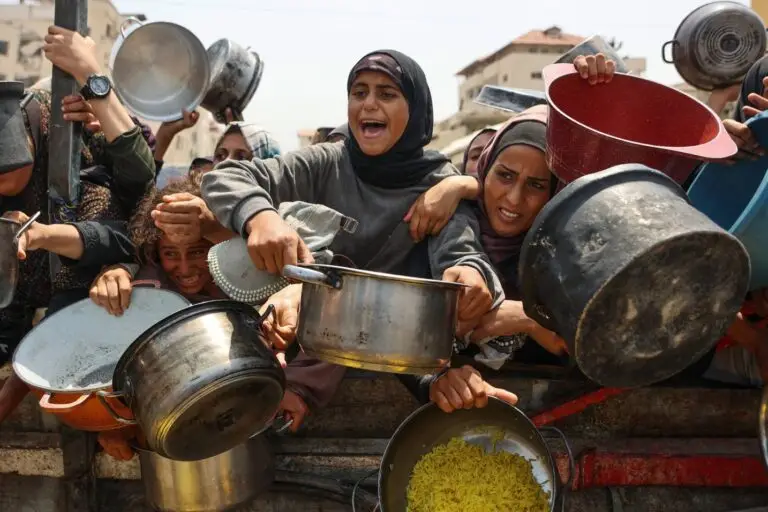As the war in Gaza stretches into its second year, the conversation is shifting from military clashes to the slow violence of deprivation. The territory’s food crisis — long warned about by humanitarian agencies — has now been framed by Amnesty International as something far darker: a calculated assault on survival itself.
The organization’s latest investigation draws on testimony from displaced families and frontline doctors, documenting stories of children wasting away and hospitals unable to treat them. Their conclusion is incendiary: hunger in Gaza is not accidental, but the product of policies designed to dismantle society at its core. According to Amnesty, the destruction of infrastructure and the tight chokehold on aid deliveries amount to a strategy that uses starvation as a weapon.
Israel, meanwhile, rejects these accusations outright. Officials argue that food and supplies are being allowed in, blaming Hamas for manipulation of resources and exaggeration of the crisis. Government agencies have gone as far as disputing malnutrition figures provided by Gaza’s health authorities, labeling them unreliable.
For observers, the dispute is not only about facts on the ground, but also about intent. Is Gaza’s hunger the tragic byproduct of war — or the war itself, by other means? That question has splintered the international community. Some capitals are calling for war crimes investigations, while others continue to back Israel’s campaign unconditionally.
What is undeniable is the human cost. Shelters turned into makeshift camps, parents unable to feed their children, and aid trucks bottlenecked at border crossings paint a picture of a population caught in a siege beyond the battlefield.
If Amnesty’s framing is correct, the implications reach far beyond Gaza. It would place Israel’s conduct within the realm of one of the gravest accusations in international law: genocide by starvation. Israel calls this accusation baseless — but the debate now unfolding is not likely to fade.
As famine warnings turn to famine reality, the world faces a grim reckoning: whether hunger in Gaza is a humanitarian disaster or a deliberate design.






